Apple's latest MLS Season Pass pricing move is a masterclass in strategic timing and ecosystem lock-in. In September 2024, Apple has quietly dropped the price again, reducing the standard subscription to $9.99 for the remaining few months and letting Apple TV+ subscribers sign up for free. This isn't just about clearing inventory—it's about demonstrating how Apple leverages its services ecosystem to create compelling value propositions that keep users firmly planted in its walled garden.
Let's break it down: the timing reveals Apple's mastery of customer lifecycle management. The regular 2024 MLS Season ends with a final 14 matches on Saturday, October 19, 2024, followed by playoff coverage beginning in late October, culminating with the MLS Cup 2024 match on December 7, 2024. For Apple TV+ subscribers, this essentially means free access to the entire playoff run—transforming what could be subscriber churn season into a retention and acquisition opportunity.
What's particularly clever here is how Apple frames this as added value while collecting behavioral data on sports viewing habits. You're not just paying $6.99 monthly for original content anymore—you're experiencing how Apple's integrated services can surprise and delight across different content categories.
Apple's pricing playbook reveals customer acquisition priorities
This latest price drop follows a predictable pattern that reveals Apple's approach to balancing revenue optimization with market penetration. In early May 2024, new subscribers could get a 30% discount, paying only $69 for the remainder of the season, and Apple cut the price to $49 at the end of June, the season's midway point. What's particularly telling is how Apple has always made MLS Season Pass available at a discount to Apple TV+ subscribers, who pay $79 instead of $99 for the full season pass.
The math here reveals Apple's prioritization of ecosystem engagement over standalone sports revenue. The remainder of the season now going for only $9.99 makes sense that Apple TV+ subscribers are still getting a similar discount, which translates to "free" at this point. Rather than a simple promotional discount, this represents a strategic shift toward using sports content as a competitive differentiator for their broader services portfolio.
Think about it from Apple's perspective: they're not really losing money here. The season is almost over, production costs are sunk, and they're using what amounts to incremental content to demonstrate the unexpected benefits of Apple TV+ membership. It's brilliant because they're conditioning users to see their subscription as a gateway to premium experiences that extend beyond their original content library.
Beyond pricing: Apple's comprehensive sports streaming differentiation
The real innovation isn't just about discounts—it's about how Apple has built a comprehensive sports streaming experience that leverages their technology stack in ways traditional broadcasters can't match. MLS Season Pass includes live streaming and on-demand viewing of all Major League Soccer regular matches, and the playoffs, with games broadcast in English and Spanish, with dedicated hosting teams. The service covers games held on Wednesdays and Saturdays, with featured event games on Sundays — new for this season.
Here's what makes this particularly impressive: Apple isn't just streaming games. They're creating a complete ecosystem integration that includes pregame shows, postgame analysis, highlight reels, Siri integration for game schedules, iPhone notifications, and seamless device switching. This multi-touchpoint approach transforms casual viewing into platform stickiness.
Apple has also been aggressive with strategic trial opportunities throughout the year. Apple has offered plenty of trial opportunities this year, including one-month trial offers in March, a one-month trial from Lionel Messi's Instagram, and free streaming weekends. The Messi partnership is particularly brilliant—leveraging his 490+ million Instagram followers creates a direct celebrity-to-consumer acquisition funnel that traditional sports broadcasters simply can't replicate. This represents a new model where sports stars become active subscription acquisition partners rather than just content attractions.
What this means for Apple's streaming future and competitive positioning
Looking at the broader picture, this pricing strategy reveals Apple's long-term vision for sports as ecosystem glue rather than standalone profit center. Apple paid $2.5 billion in 2022 for the exclusive rights to broadcast MLS games through the 2033 season, making this a decade-long bet on sports content as a services differentiator.
The integration across Apple's platform demonstrates their unique competitive advantages. You can watch MLS Season Pass through the Apple TV app, available on Apple devices, smart TVs, games consoles and more, and fans can also watch through the web browser at tv.apple.com. But beyond multi-platform access, Apple is demonstrating how device ecosystem ownership creates opportunities for sports engagement that pure streaming services can't match.
The early performance metrics tell a complex but revealing story about long-term versus short-term success measurement. Recent reports indicate MLS Season Pass is averaging around 120,000 unique viewers per match, which is lower than the 343,000 average viewers MLS was getting on ESPN networks in 2022. But this comparison misses Apple's strategic intent: they're not optimizing for immediate viewership numbers but for subscriber lifetime value and ecosystem integration depth. This represents a fundamental shift in how success is measured in sports broadcasting.
The bottom line for tech-savvy viewers
Here's what you need to know: Apple's MLS Season Pass pricing isn't just about soccer—it's about demonstrating how integrated technology platforms can create value propositions that traditional media companies can't replicate. For Apple TV+ subscribers, getting free access to premium sports content represents a new model where streaming services compete on unexpected value delivery rather than just content catalogs.
The real test will be whether this integrated approach drives measurable ecosystem engagement and whether Apple can scale this model to other sports properties. Early indicators suggest they're building something fundamentally different from traditional sports broadcasting—a model where sports content strengthens platform relationships rather than just generating direct revenue.
PRO TIP: If you're considering jumping in just for the playoffs, remember that this free offer for Apple TV+ subscribers represents genuine strategic value beyond the content. The playoffs run through December 7, giving you nearly two months of premium soccer content while experiencing Apple's integrated viewing ecosystem. And if you're not already an Apple TV+ subscriber, the $9.99 seasonal price point makes this one of the most affordable ways to experience high-quality soccer streaming without blackouts or regional restrictions.
The bigger strategic implication here is that Apple is establishing a new competitive framework for streaming services. They're demonstrating that when you control the entire technology stack—from devices to services to user experience integration—you can create stickiness and value propositions that go far beyond content libraries. Whether this becomes the new standard for sports streaming success remains to be seen, but Apple's certainly building a compelling proof of concept for the future of integrated media experiences.





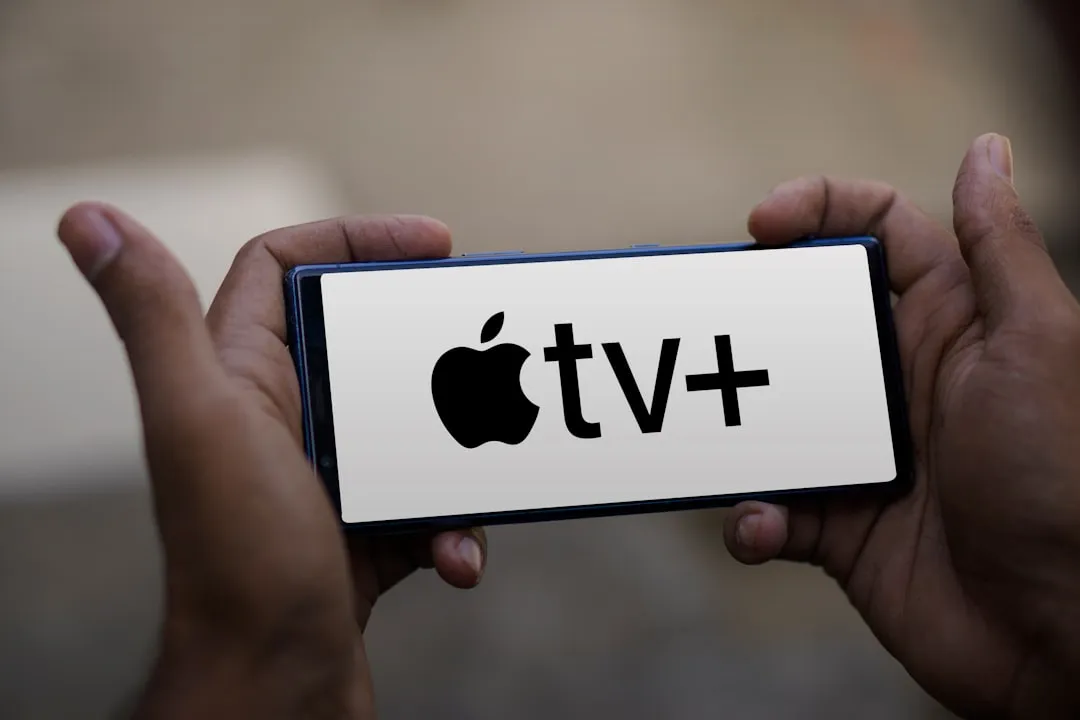

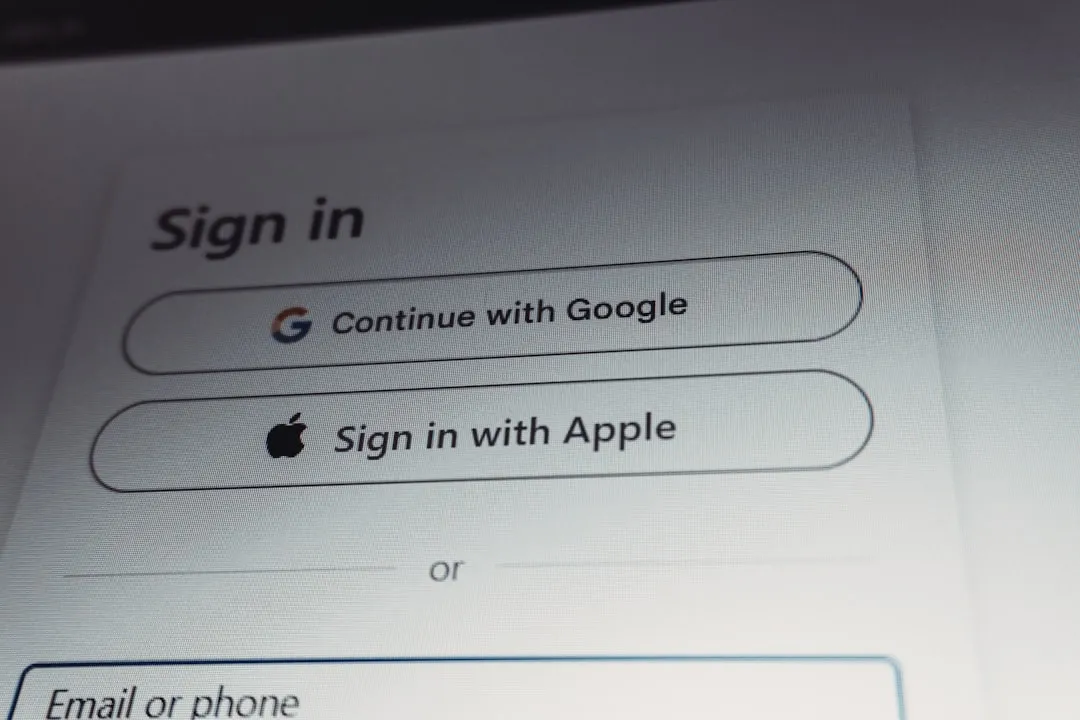
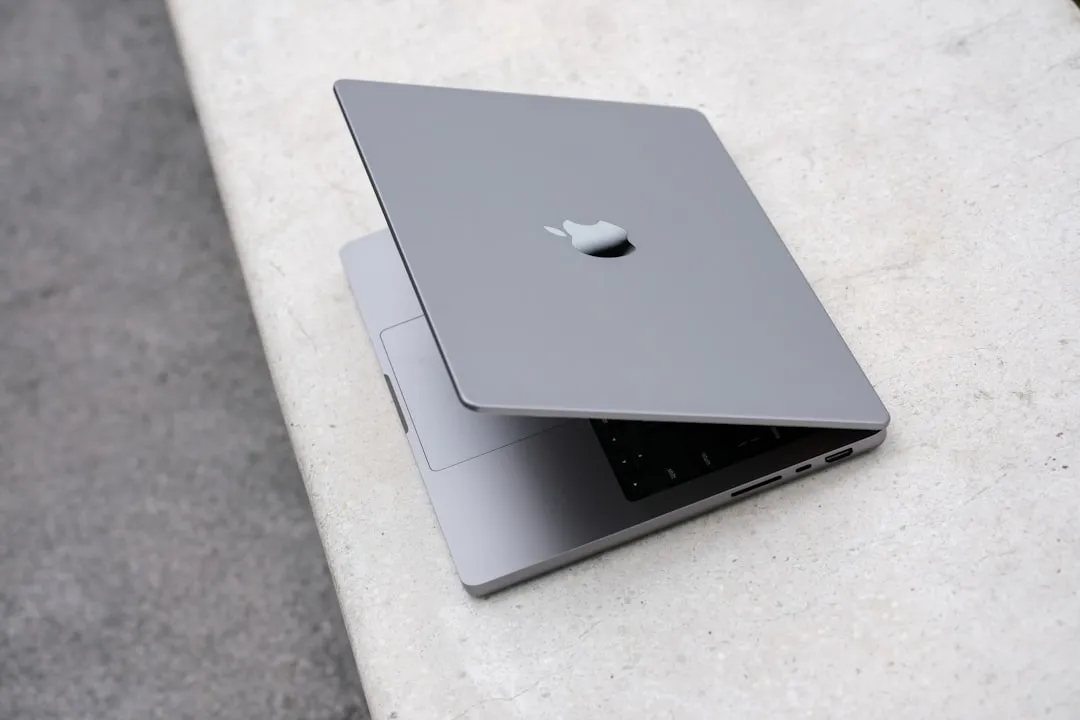




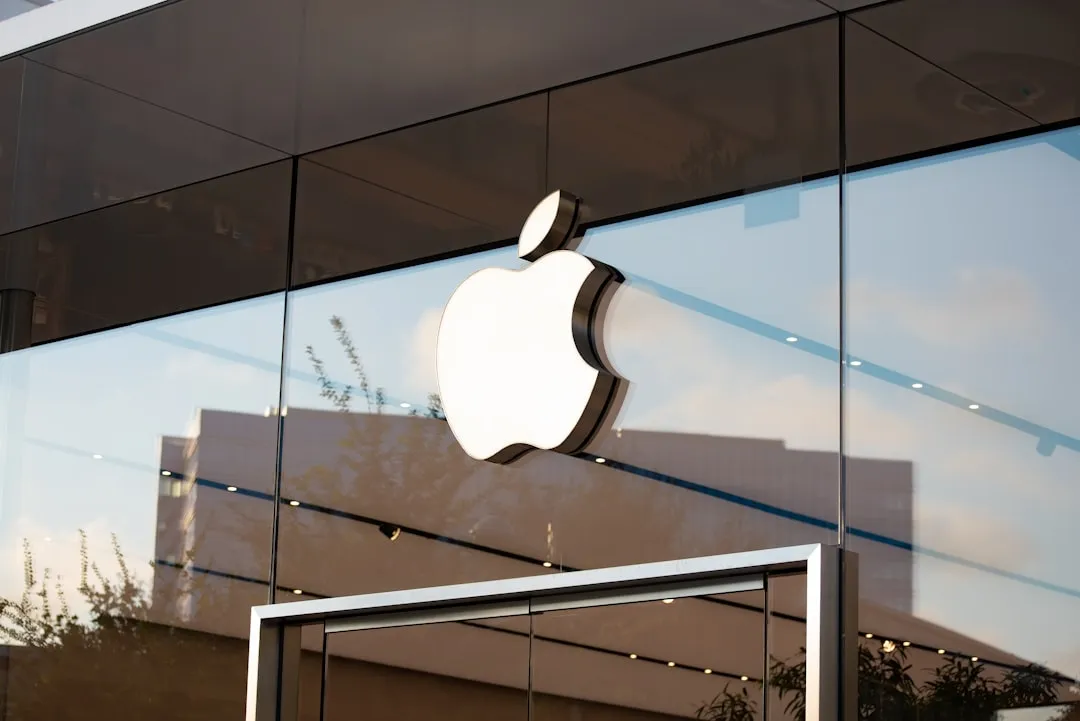

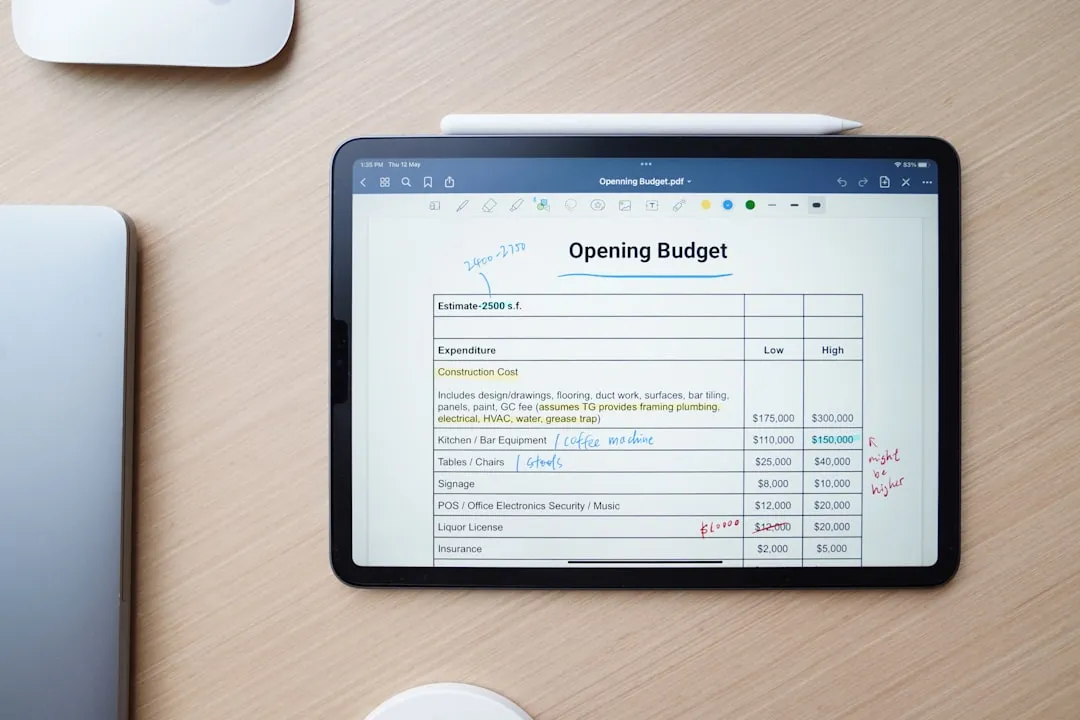

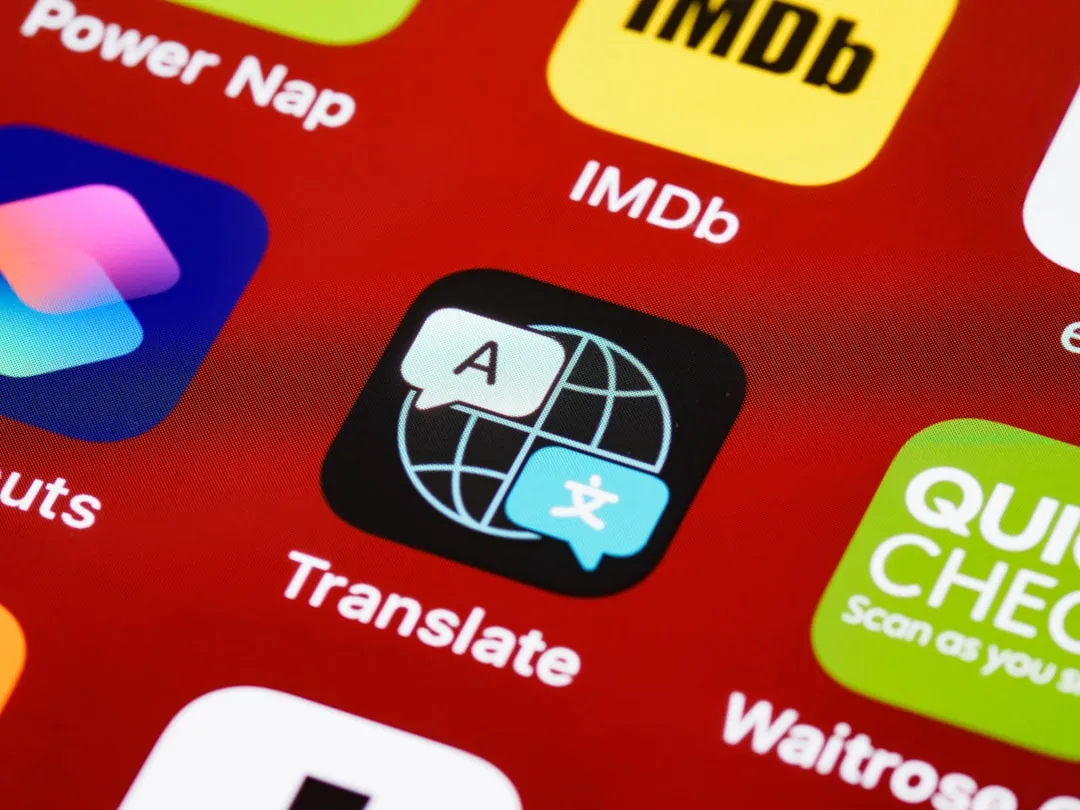



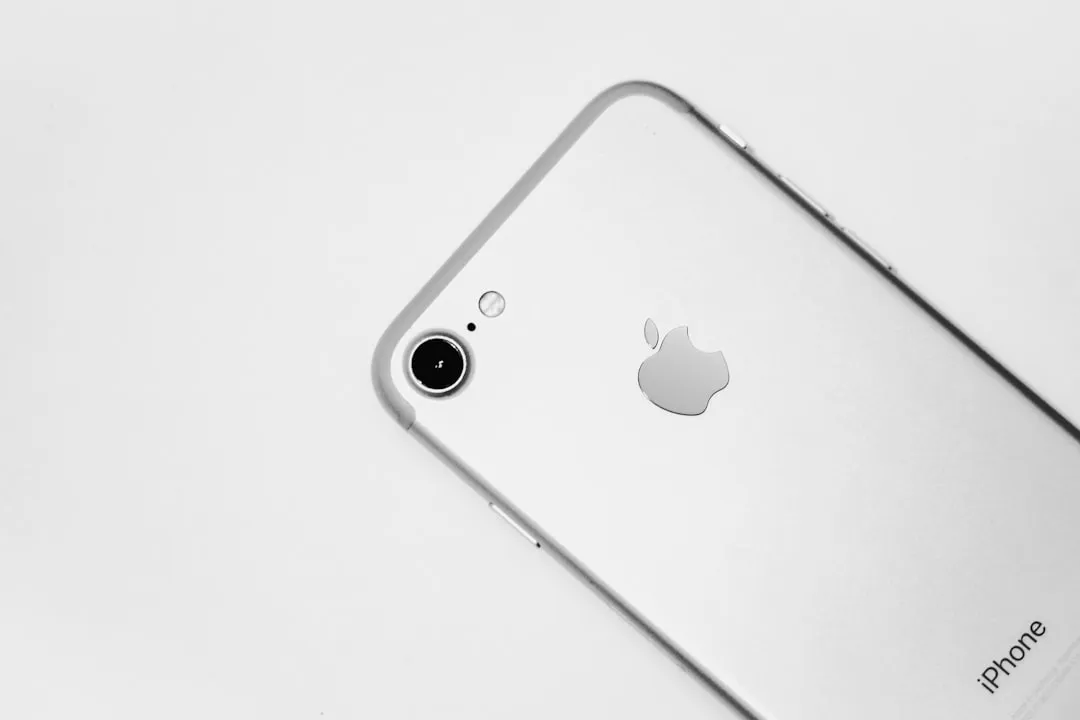
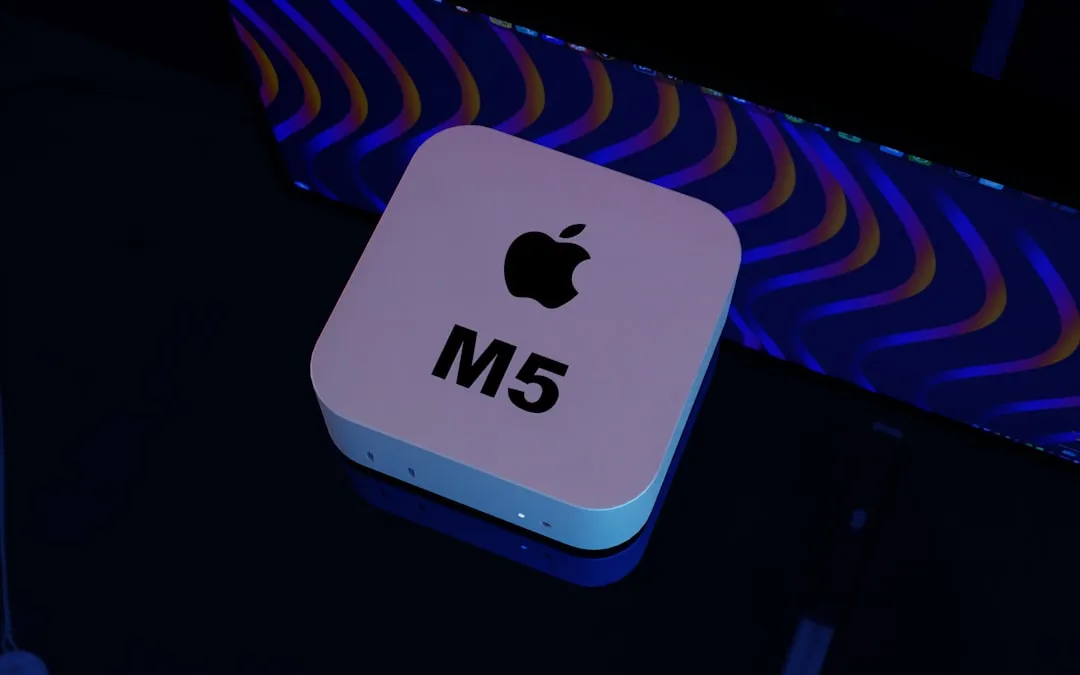


Comments
Be the first, drop a comment!